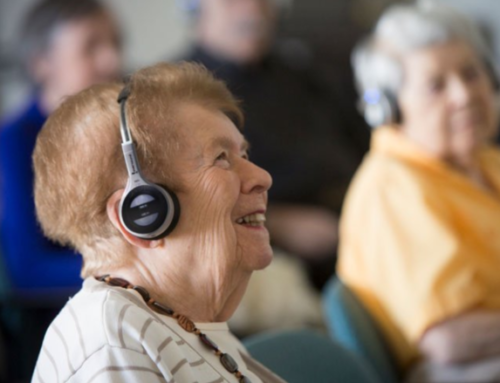Forgetfulness can occur at any age, and various factors such as stress and lack of sleep can contribute to it. However, when forgetfulness becomes consistent, it raises concerns. Recognizing when forgetfulness is abnormal is crucial for seniors to seek the necessary care.
What Causes Forgetfulness?
There are numerous causes of forgetfulness in seniors, and those experiencing the following symptoms should consult their doctor for a diagnosis. Seniors with dementia may require ongoing memory care.
- The aging process is a common cause of forgetfulness due to slowed cognitive processes. As people age, they are more likely to experience episodes of forgetfulness.
- Certain medical conditions can also lead to forgetfulness. Conditions such as thyroid, kidney, and liver disease can contribute to memory lapses.
- Emotional problems like depression, anxiety, and loneliness can affect seniors’ memory and make them more forgetful.
It is important to note that many people mistakenly assume that forgetfulness automatically indicates dementia. However, this is not necessarily true. Some instances of forgetfulness, even minor memory lapses, can be reversed by discontinuing medication, reducing stress levels, or recovering from an illness. Following a dementia diagnosis, seniors and their loved ones are encouraged to consider assisted living options.
Is Forgetfulness a Sign of Dementia?
While forgetfulness can be a sign of dementia, minor memory lapses do not necessarily indicate the presence of dementia. If someone experiences consistent memory loss, it is essential to seek a medical diagnosis. Seeking support for seniors can help dementia patients feel more in control of their lives.
What Are Other Signs of Dementia?
Seniors and their loved ones should be aware of other signs of dementia. While occasional bouts of forgetfulness should not cause panic, the following symptoms should prompt seniors to seek medical attention:
- Memory loss that begins to affect daily life.
- Difficulty performing simple tasks, such as tying shoes.
- Challenges with communication and forgetting language skills.
- Difficulty remembering times, dates, and places.
- Lack of recognition of risks, putting oneself in danger.
- Trouble with numbers, problem-solving, and abstract thinking.
Those experiencing the above symptoms should consult their doctor, as early diagnosis is crucial for dementia patients. Thorough testing is necessary to rule out dementia when multiple symptoms are present. Doctors will consider the senior’s symptoms, conduct blood work, review health history, and assess family history. Diagnosing dementia requires a collaborative effort from the medical staff.
Questions Your Doctor Will Ask
When evaluating patients with memory loss, doctors will ask a series of questions. Being prepared to answer these questions will aid in reaching a diagnosis:
- When did the memory loss begin?
- What medications, including vitamins and over-the-counter pills, do you take?
- Have you started any new medications recently?
- Have you been involved in any accidents or suffered any injuries?
- How are you coping with memory loss?
- Have you experienced any recent illnesses?
- Do you consume alcohol?
- Are you dealing with depression or anxiety?
Seniors and their families should also make a list of questions they wish to ask the doctor. Writing down these questions can help seniors remember to ask them, given their memory loss.
Early Diagnosis Is Critical
Some individuals may not immediately realize they have dementia and may postpone seeking medical help. Symptoms in the early stages of dementia can be mild and may not become evident until they significantly worsen. Early diagnosis allows seniors and their families to plan for the future, including seeking a senior living community when necessary.
Early diagnosis is also crucial because medications and therapy can slow the progression of various forms of dementia. These interventions can help preserve cognitive function and enable seniors to lead more fulfilling lives.
Should Seniors Consider a Senior Living Community?
As dementia progresses, living alone may become unsafe for seniors. The inability to recognize dangers and frequent forgetfulness can compromise their health and safety. Fortunately, there are several senior living options available.
Senior communities provide memory care services that help residents live their best lives. Engaging in enriching activities stimulates the brain and helps slow cognitive decline. Soon after a dementia diagnosis, seniors and their loved ones should start planning for the future. Waiting until living alone becomes too challenging may delay the process of finding a suitable community. Acting now ensures that seniors receive the necessary care.
At Riverpoint of Kerrville, we prioritize the well-being of our senior residents, ensuring they receive the daily care necessary to stay safe, happy, and healthy. We offer the gold standard of senior care and provide memory care services for individuals with various forms of dementia. At Riverpoint, seniors thrive in a supportive environment.






